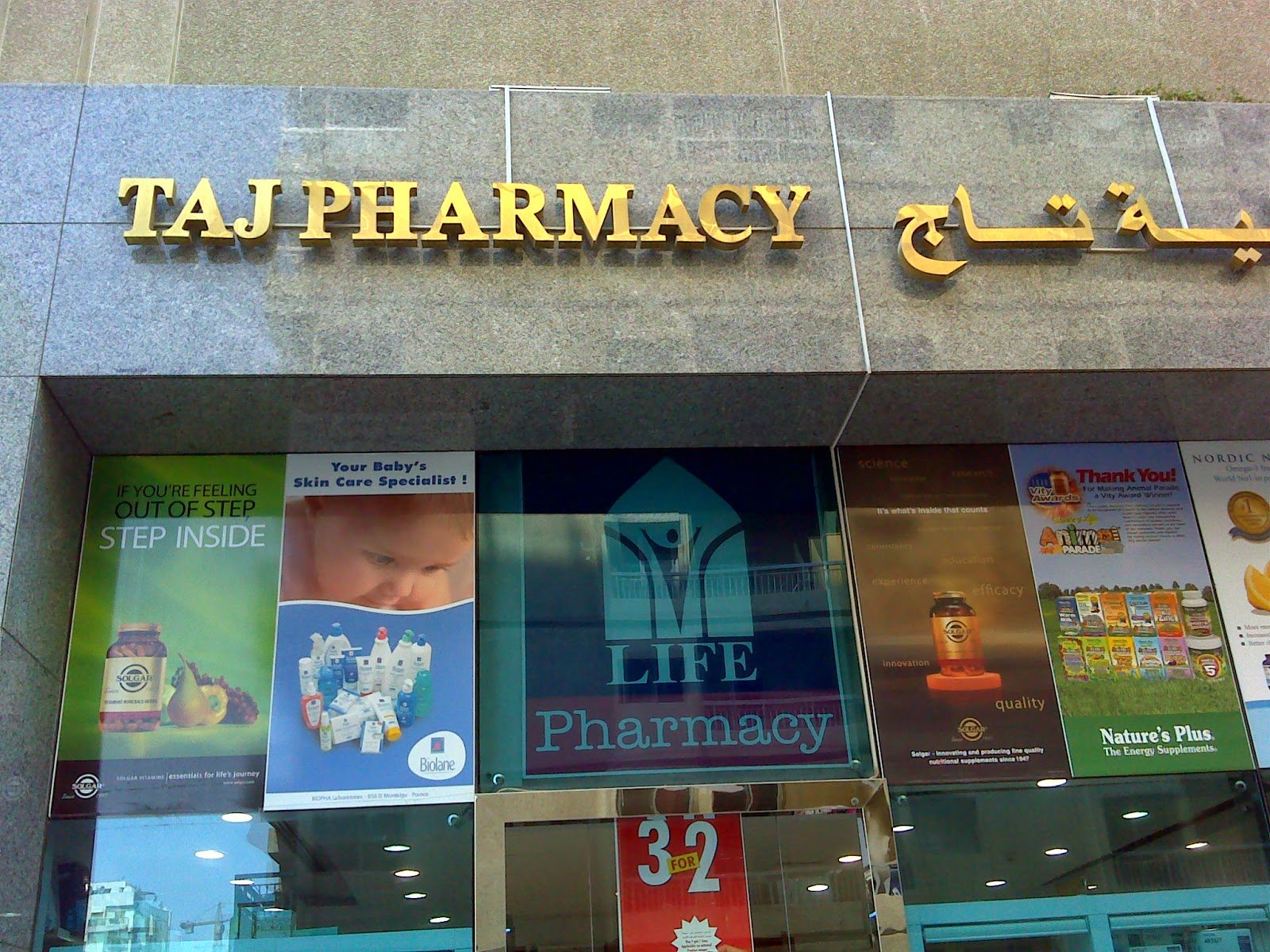Given your expertise in the MEA region, how would you assess the present state of the GCC market and across the wider region?
The MENA market faced a slowdown last year, primarily driven by the oil crisis in key countries such as Saudi Arabia, and Algeria, and currency devaluation and economic crises in other countries, Egypt for example.
Governments across the region reacted by increasing their focus on cost containments impacting the healthcare budget, for example Saudi Arabia reduced the annual tender opportunity for selected products leading to a significant decline in revenues for many international companies operating in the region.
However, recent performance indicators show that many countries like UAE, Qatar, Abu Dhabi are recovering slowly, and we can still anticipate the MENA region to be among the fastest growing pharma market regions globally in the near future. The main revenue driver for the majority of multinational companies will remain the innovative medicines portfolio. However, the companies who will diversify into generics, consumer medicines, diagnostics and other related healthcare markets will find interesting growth opportunities. Generics are expected to represent half of all sales in 2018 and it will continue to grow. Generics medicines are the future.
What opportunities does the market present in your region?
Government policies and efforts across the MENA region to reduce drug spending whilst simultaneously improving access to quality and cost effective medicines for patients has resulted in the strong performance of “Generics Medicines”. Affordability will be the key consideration for both payers and patients, and the most cost-effective options will typically be Generics.
Local and regional players and manufacturers are encouraged to develop a larger product portfolio to fulfil national needs. For example, it was announced in January 2017 that as part of the UAE’s strategy to decrease the cost of medicines and limit the country’s escalating healthcare bill, the Emirates’ Ministry of Health plans to increase the number of Generic drug manufacturing facilities in the UAE to 30 by 2020.
Innovative drugs will continue to be welcomed in the region. In the GCC for example, the Ministries of Health encourage faster market access to highly innovative diagnostics and medicines, making it a priority to provide patients with the best available treatments. As a consequence, many FDA/EU GMP approved innovative products can be commercialized in just few months in some countries, through specific early access programs before registration.
What are the obstacles in the MENA region that market entrants should be aware of?
The MENA region is one of the most complex markets to penetrate and operate in due to the fact that each country has its own rules, standards and systems across regulatory, market access and pricing.
The GCC countries have already started a harmonization process to improve this, so for example when a product is approved in one of the GCC countries it can then be marketed in the others. However this is still a work in progress and will take some time to be fully adopted.
Local business practices can also act as a barrier for foreign companies. Several countries, such as Algeria, have policies that provide price or access advantages to local manufacturers, making it very difficult for foreign companies to import products, which have been manufactured abroad.
How do you see the region developing in the coming years?
The MENA region is expected to be among the fastest growing pharma markets globally. Market data shows that the region is expected to reach $50 billion in the next 5 years. The drivers are the increase of the number of patients suffering from chronic diseases and the requirement of better access to a more sophisticated healthcare system.
By representing approximately 3% of global pharmaceutical sales, the MENA region will continue to attract new players. To be successful in the region, companies will have to be committed and engaged with key stakeholders from each market – health authorities, physicians, payers and patients. This will require flexibility to navigate the complexities of each market, manage fluctuating prices and make difficult decisions to optimize margins, volumes and the investment required to build the path to market and patient.
How do you think the launch of the CPhI MENA event will impact business in your own country and the wider region?
Each CPhI event is an opportunity to meet new key players, to develop your API or finished dose portfolio, to develop and expend manufacturing and/or commercialization capabilities in new territories and to receive updates on all the new trends.
This event will be a fantastic opportunity to highlight the region to the wider pharma market and to give foreign companies real exposure to the potential opportunities it offers.
There are Arab Health, UAE B2-B2- meet and Qatar Health programs; so all this provide a good opportunity to meet your future prospective buyers and suppliers.
Gradually, I hope such event will take place in rest of MENA regions as well, like Abu Dhabi, Lebanon, Saudi etc.
MENA will still be considered a complex market due to their many local preferences and surroundings, culture etc.
Taj Generics by Taj Pharma
A generic drug is a medication created to be the same as an existing approved brand-name drug in dosage form, safety, strength, route of administration, quality, and performance characteristics.
Taj Generics is one of the leading generic pharmaceutical company in India. We hold top positions in different established markets worldwide and are building a strong presence in many emerging generics markets. Today, we market more than 500 branded and 4600 generics compositions to consumers in more than 40 countries and territories across the globe.
Labels: priyanka singh taj pharma, taj pharma, taj pharmaceuticals, taj pharmaceuticals news, taj pharmaceuticals director, taj pharmaceuticals reviews, priyanka taj pharma, Priyanka Singh director taj Pharmaceuticals, Priyanka Singh director taj Pharma taj generic, Priyanka singh, taj pharma news, priyanka singh taj, priyanka singh director, Priyanka singh dynamic entrepreneur
